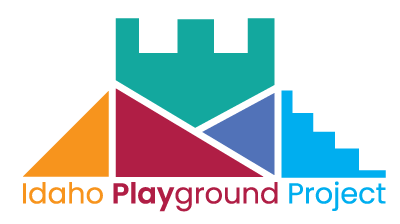 In the fast-paced world of academics and structured activities, the importance of unstructured playtime, particularly recess, cannot be overstated. Recess serves as a vital component in the holistic development of a child, playing a pivotal role in fostering social skills that are crucial for their overall well-being. In this article, we will delve into the reasons why recess is essential for childhood social development.
In the fast-paced world of academics and structured activities, the importance of unstructured playtime, particularly recess, cannot be overstated. Recess serves as a vital component in the holistic development of a child, playing a pivotal role in fostering social skills that are crucial for their overall well-being. In this article, we will delve into the reasons why recess is essential for childhood social development.
Building Social Skills through Interaction
Recess provides children with the opportunity to interact with their peers in a less formal setting. During this unstructured time, children learn to navigate social situations independently, negotiate conflicts, and develop essential communication skills. These interactions are invaluable in shaping their ability to work collaboratively, empathize with others, and form lasting friendships.
Enhancing Emotional Intelligence
Engaging in free play during recess allows children to explore a wide range of emotions, from joy and excitement to frustration and disappointment. Learning to manage these emotions in a social context contributes to the development of emotional intelligence. Through play, children develop a better understanding of their own feelings and learn to recognize and respond to the emotions of their peers, fostering a more empathetic and emotionally resilient community.
Encouraging Inclusive Play
Recess provides an inclusive environment where children of varying abilities, interests, and backgrounds can come together. Unlike the structured environment of the classroom, recess allows for a diverse range of activities, fostering an appreciation for differences and encouraging inclusivity. This inclusive play environment promotes tolerance and understanding, laying the foundation for a more accepting and supportive society.
Promoting Physical and Mental Well-being
Physical activity during recess has been linked to improved cognitive function and mental well-being. As children engage in active play, they release pent-up energy, reducing stress and enhancing their ability to focus in the classroom. Physical activities also encourage teamwork, cooperation, and the development of a healthy competitive spirit, all of which contribute to social growth.
Teaching Conflict Resolution Skills
In the unstructured nature of recess, conflicts inevitably arise. These conflicts provide valuable opportunities for children to learn and practice conflict resolution skills. Whether negotiating rules for a game or resolving disputes over sharing toys, children develop problem-solving abilities that will serve them well throughout their lives. These experiences contribute to the formation of a strong moral compass and the ability to navigate complex social situations.
Fostering Creativity and Imagination
Unstructured play during recess allows children to tap into their creativity and imagination. Whether engaged in pretend play, building structures, or inventing games, children exercise their cognitive abilities and learn to collaborate with others in the pursuit of shared goals. These imaginative experiences contribute to the development of innovative thinking and the ability to approach social challenges with creativity.
Recess is not merely a break from academic activities; it is a crucial component of childhood development, especially in terms of social skills. By providing an environment where children can interact, collaborate, and navigate the complexities of social relationships independently, recess plays a vital role in shaping well-rounded individuals. Recognizing the importance of recess is not only a commitment to the physical health of children but also a recognition of the profound impact it has on their social and emotional well-being. As we strive to create environments that nurture the whole child, let us ensure that recess remains a cherished and protected part of the educational experience.

